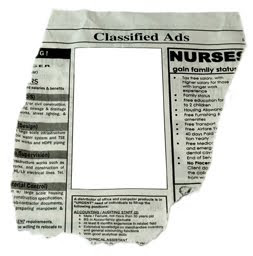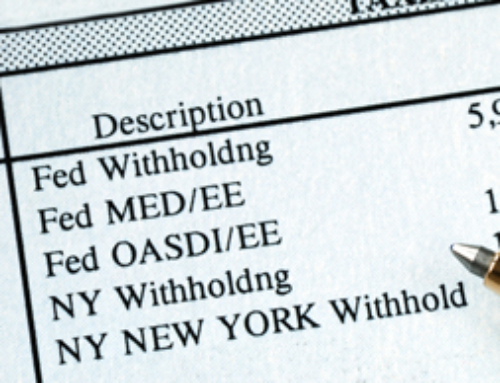 Tax Consequences of Unemployment
Tax Consequences of Unemployment
In Bell, Calif., the city manager, assistant city manager, and chief of police recently resigned in the government wage scandal of the decade. While they may collect unreasonably generous pensions, they won’t be collecting unemployment insurance (UI) benefits.
In California, as in most states, in order to collect unemployment benefits you must be laid off, or your position must be terminated.
If you are among the 10 percent of the population who is unemployed, you may qualify to apply for benefits. Unemployment insurance benefits provide some money, but rarely enough to cover your rent or mortgage. And there’s a catch. Since the stipend is so small, people don’t realize unemployment insurance benefits are subject to income taxes.
Unemployment income is taxed for IRS purposes—at your highest tax rate, which could be anywhere from 0 percent to 35 percent, depending on your other income during the same year. Be sure to withhold federal taxes for at least 10 to 20 percent, depending on your other income for the year.
The state of California doesn’t tax unemployment income, so it shocked me to learn most other states do assess taxes on unemployment benefits. If your state is one that does, make sure you have enough taxes withheld to cover that liability.
Doing the responsible thing, having your taxes withheld, doesn’t leave much money to pay your bills. You will undoubtedly need to draw money from somewhere else.
But where?
Savings get depleted quickly—and there’s no tax consequence to drawing down your savings account. When you face early withdrawal penalties, you’re entitled to deduct those as adjustments to income on page 1 of your Form 1040.
Another smart tax move is to sell appreciated stocks. In 2010, there is a 0 percent or 15 percent capital gains rate for most stock profits.
What Are the Two Biggest Financial Mistakes Unemployed People Make?
1. People don’t file for state disability benefits when they are entitled to claim them. Did you know that state disability benefits are tax-free? They are usually higher than unemployment insurance benefits.
Often, I hear from people who were hospitalized or ill while unemployed who never switched their benefits to disability insurance—and ended up owing taxes needlessly.
Look at your situation. If you can find a legitimate reason to file for disability insurance benefits, do so immediately. Be sure to get a doctor’s written confirmation for your tax file.
2. You’re broke, so you draw money from your retirement accounts. That money is taxed, possibly subject to 10 percent early withdrawal penalties from the IRS—plus penalties from your state.
You can avoid some of those penalties, but none of the taxes. If you’re going to draw money from a pension plan or 401(k)-type plan, first move the money to an IRA. Only money drawn from an IRA is entitled to the exceptions for payments to cover health insurance or medical expenses. There are some other exceptions to the penalty on page 2 of the instructions to Form 5329.
What Is THE Biggest Mistake Unemployed People Make?
Believing you’re going to find a new job earning what you used to. It’s time to face reality. If you haven’t found a comparable, acceptable job within three months, you won’t. Start looking at more practical alternatives so you can keep your home and your dignity.
Eva Rosenberg, EA is the publisher of TaxMama.com, where your tax questions are answered. Eva is the author of several books and ebooks, including Small Business Taxes Made Easy. Eva teaches a tax pro course at IRSExams.com.
Join TaxMama.com as a Family Member and get a free copy of Raven Davis Blair’s new book, Careers From the Kitchen Table Careers from the Kitchen Table – the 2010 Business Directory. It’s filled with at least 50 solid business ideas for businesses you can start from home.
Read More:
Phantom Income from a Short Sale or Foreclosure? TaxMama Gives You Two Ways to Avoid the Tax
New Tax Increase for Wealthy Americans: Will You Pay More?
Tax Tips for Commercial Real Estate Owners
Hiring? Do Your New Hires Qualify You for Tax Credits?






